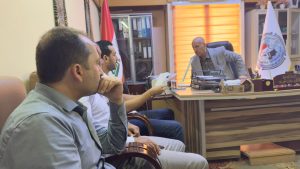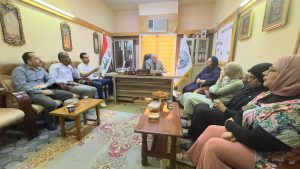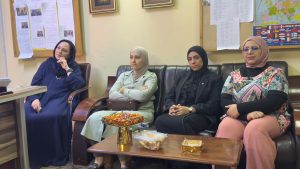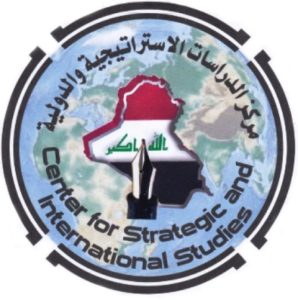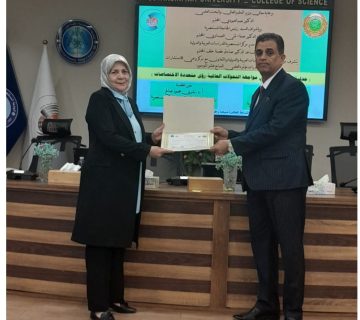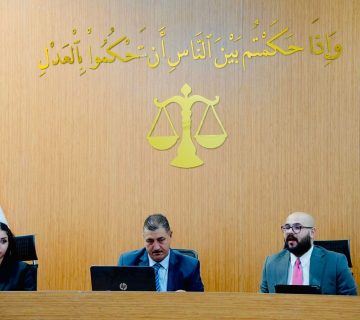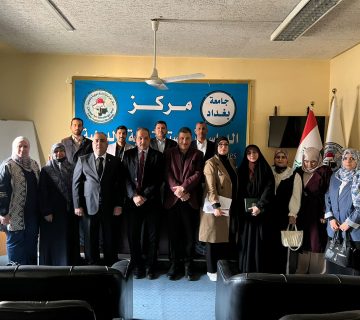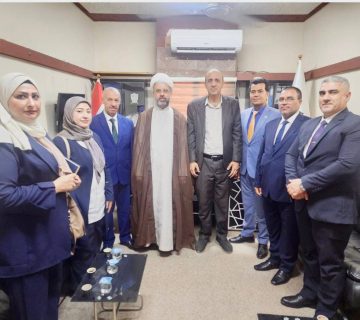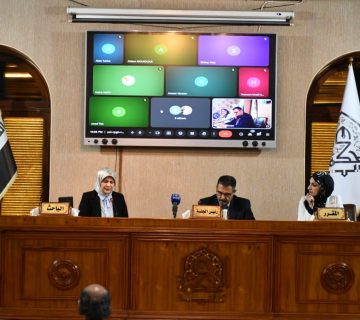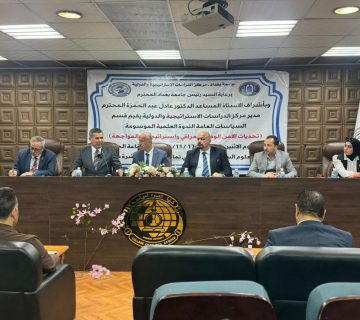Government Media and Communication Unit
The Public Policy Department at the Center for Strategic and International Studies at the University of Baghdad organized a scientific discussion panel titled “Financial and Administrative Corruption: Concept and Treatments,” presented by Assistant Lecture Raad Khadir Salibi, a researcher and academic at the Center.
The episode addressed the phenomenon of administrative and financial corruption, which is considered one of the most serious challenges facing contemporary societies, given its direct impact on weakening institutional structures, wasting resources, and undermining citizens’ confidence in state institutions.
The researcher pointed out that corruption is not limited to the economic aspect alone, but extends to encompass political and social dimensions, as it contributes to legitimizing networks of interests, manipulating elections, and reproducing power by corrupt elites. On the social level, it also leads to the erosion of values, the widening gap between rulers and ruled, and a weakening of faith in the concepts of justice and equality.
The research paper emphasized that corruption, despite being a global phenomenon, is more prevalent in developing countries, where institutions are weaker, good governance mechanisms are less well-established, and anti-corruption legal frameworks are often fragile or ineffective.
In these contexts, corruption transforms from individual practices into a “system” in which certain groups control decision-making and public finances.
The panel concluded that the experiences of many countries have shown that true development becomes almost impossible without controlling the flow of power and money and building independent and effective oversight institutions.
